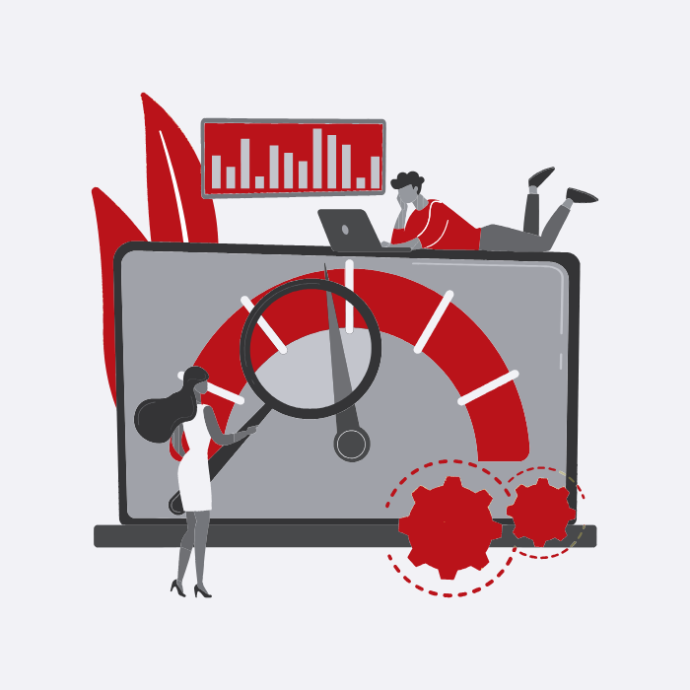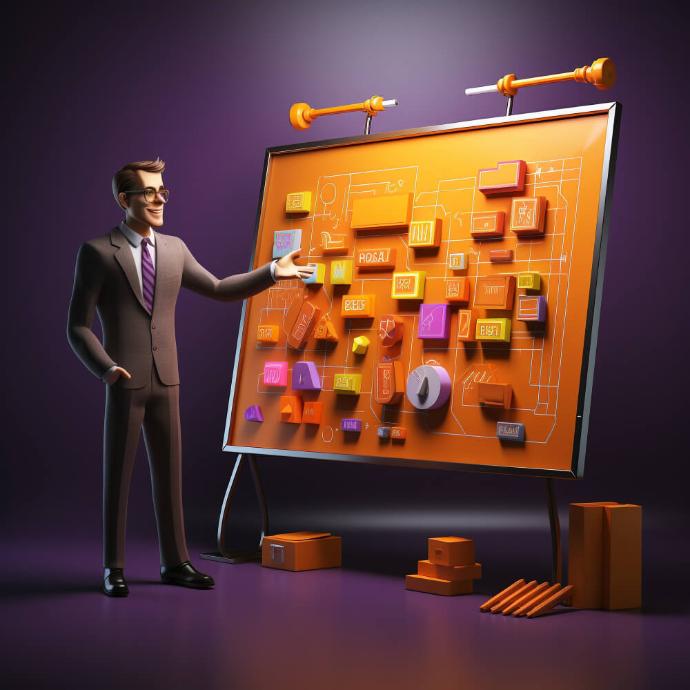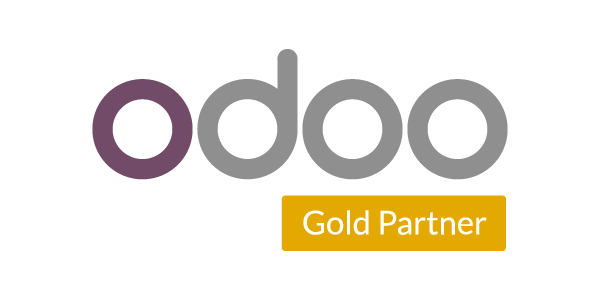Simply put, digital transformation for a company is like a long obstacle course. For the person in charge of this transformation, your mission (if you accept it), includes the following:
- Dealing with employee resistance to change
- Choosing software solutions that are intuitive enough to meet the specific needs of every team
- Successfully integrating these software programs into the company's processes with the aim of improving them
Among the software solution conflicts that can occur within an organization is where we find the dilemma between ERP and CRM. On one hand, we have a global operations management tool that can appear rather cumbersome and rigid, but at the same time, aspires to structure and combine the company's processes. On the other hand lies a specialized customer relationship management solution. One that makes it possible to organize commercial management, improve customer relations, provide indicators, etc.
But what if this dilemma could fade away? Why not bridge the gap between ERP and CRM? In this article, we give you our 5 good reasons to connect these two solutions.
Improve Data Quality
How Does Data Quality Management sound to you?
As its name suggests, Data Quality Management aims to ensure that the data circulating within a company is high-quality. How is this done? By using relevant indicators that help measure quality standards.
When considering the indicators used to assess data quality, the following should be taken into account: Uniqueness (how many different forms of data exist within the IS?) Completeness (is all data recorded?), Consistency (does all data have the same value across the different data systems?).
Connecting your CRM and ERP is a major milestone in improving your organization's data quality. Interconnecting these two software solutions boosts the circulation of data, and ultimately helps information easily flow between the sales teams and the rest of the company.

Easier information retrieval for increased productivity
"Did you look in the CRM?"
These types of questions are often heard in offices when seeking client follow-up information. By connecting the CRM to the ERP, you ensure that all company data is available on a single interface with uniform file organization.
Unifying the data means being able to easily and quickly identify what you are looking for. This saves you valuable time when researching information.

Maximum visibility of all operations
In order to better anticipate future fluctuations within your company, it is important to have the ability to take a step back and look at the bigger picture.
By connecting your ERP to CRM, your ERP finally becomes the control tower for data management within the organization; as it should be. The ERP allows you to obtain a constantly updated status report on employee activity. Production, for example, is now just a few clicks away from knowing how many sales were made last month and making future projections. It's up to you to take advantage of all the possibilities offered by this connection.
This connection also makes it possible to strengthen collaboration between your teams by breaking down the barriers present within the company. Marketing, sales, finance and all other departments can now see the actions carried out by other teams and better coordinate their own activities.

An integrated Sales team for improved responsiveness
Where are we with production? What is the stock situation? What time will the customer receive their order?
In theory, your sales force would have to ask these, and many other questions to ensure a smooth and productive customer relationship. Why obstruct your sales force with the limited information available in the CRM when the company has an ERP that is readily available and capable of providing more comprehensive data? With it, sales can answer customer questions without having to contact an intermediary.
From logistical follow-ups to the latest price updates, thanks to the connection between these two software packages, the sales force now has improved visibility for better customer responsiveness; all without having to constantly change tools.

An improved urbanization of Information Systems
Netflix star Marie Kondo will tell you that you have to get rid of anything in your home that doesn't bring you joy. The same is true for your information system! Duplicate data does not bring joy and should be considered useless. Throw it out!
The hierarchy of your information system must be clarified so that you can quickly find the data you are looking for.
Connecting your CRM to your ERP is a big step forward in the urbanization of your information system.

To learn more about all the other advantages of a connection between ERP and CRM (yes, there is more...)
Connect your ERP and CRM!
To help you find the perfect synergy between your ERP and CRM, we have prepared an E-book dedicated to the subject. Inside you will cover:
- Data management: which solution should guide the data within your organization?
- Can you do without your CRM?
- How do you convince your Sales Director and CFO to integrate using an ERP?
- Finding the right service provider to interconnect ERP and CRM
And much more...


Captivea Odoo Gold partner
Captivea supports companies in the implementation of the Odoo business management software. Captivea is an Odoo Gold Partner and Odoo Certified.






